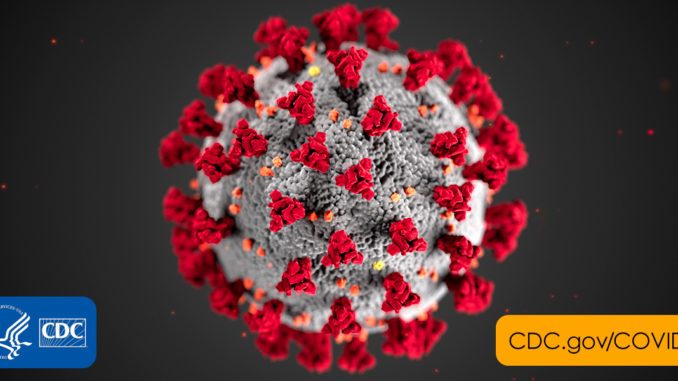| by Walter Harris Garvin
“There’s an old saying in some African American communities that is often applied to the broad-stroke disparity of [the] nation’s economy: when white folks catch a cold, black folks get pneumonia. Loosely translated, this clichéd quip means a downturn in the economy might pose hardships for some white Americans, but it’s deadly for those black Americans who are already mired at the bottom of economic ladder.” –
Sam Fullwood, Jan. 28th 2015
It doesn’t take a rocket scientist or a dolt like Donald Trump to figure out what’s likely to happen to the Black Community writ large when a Pandemic hits White America. Past is prologue.
“As of 2010, white families, on average, earned about $2 for every $1 that black and Hispanic families earned, a ratio that has remained roughly constant for the last 30 years. But when it comes to wealth — as measured by assets, like cash savings, homes and retirement accounts, minus debts, like mortgages and credit card balances — white families have far outpaced black and Hispanic ones. Before the recession, non-Hispanic white families, on average, were about four times as wealthy as nonwhite families, according to the Urban Institute’s analysis of Federal Reserve data. By 2010, whites were about six times as wealthy.
The dollar value of that gap has grown, as well. By the most recent data, the average white family had about $632,000 in wealth, versus $98,000 for black families and $110,000 for Hispanic families.”
The economic devastation for African Americans and other non-“whites” brought on by this Pandemic aren’t being fully addressed.
So we get these pronouncements from the White House Briefing Room by Fauci, Birx and Agent Orange to social distance, work from home. Working from home is a luxury that most working class, blue collar and service workers (black folks and other POC are clustered here) don’t have that option. Their jobs which require face-to-face interactions are shut down for the duration. Or if they fall into that “essential” category must put themselves in harm’s way and place their families at risk.
Jason Hargrove, a public bus driver in Detroit, posted, in late March, a live Facebook video about a woman coughing on his bus several times without covering her mouth. “ ‘That lets me know that some folks don’t care,” he said, in an emotional live stream. “You all need to take this shit seriously. There’s folks dying out here.’ ” Two weeks later Jason was dead from Coronavirus. “Am I my brother’s keeper?” Answering in the affirmative should not only be each other’s personal responsibility, but must also extend to public policy. Governing “in the public interest” is self interest. We are literally all in this COVID-19 boat together.
|


Be the first to comment